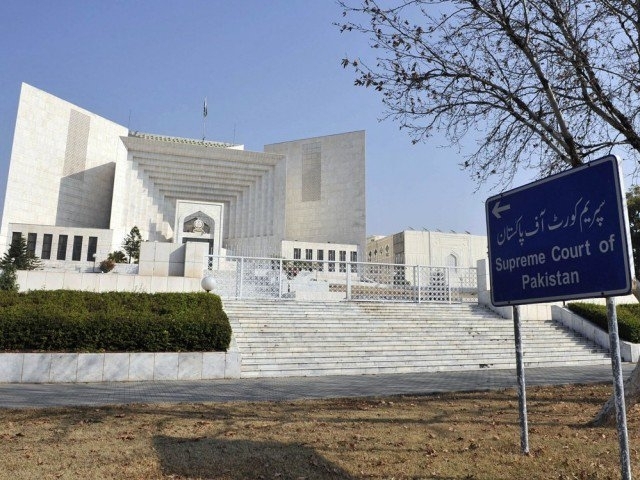The parties agreeing on an election date would in effect be agreeing to reverse the military-dominated power dynamics of Pakistan….reports Asian Lite News
Pakistan political parties have not been able to reach a consensus over a timeline for national and provincial elections, the most fundamental of democratic exercises, reported The Diplomat.
On April 20, the Pakistan Supreme Court in its order, the three-member apex court, headed by Chief Justice of Pakistan (CJP) Umar Ata Bandial, expressed “optimism” that all the major stakeholders would address the necessary grievances and agree on a date to hold the polls. On April 27, after the parties’ failure to agree upon a date, the Supreme Court conceded that it couldn’t “force” the parties to hold talks.
Pakistan’s current political scene, epitomized by the Supreme Court’s order in effect asking political parties to come up with their own ruling, is akin to gully cricket teams brawling over contentious decisions in the absence of rulebooks, regulatory procedures, and umpires, reported The Diplomat.
This chaos is rooted in the military establishment, often euphemistically alluded to as the “umpire” of Pakistani politics, maintaining its historical hegemony by crippling other institutions.
The fact that opposition parties throughout history have been all too willing to embrace the military’s unconstitutional manoeuvres, including brazen coups, underlines the fact that, unlike other expansive institutions, the custodians of parliamentary supremacy have been the least invested in their own institution’s interests, reported The Diplomat.
The parties agreeing on an election date would in effect be agreeing to reverse the military-dominated power dynamics of Pakistan.
Continued failure to agree upon a date, in turn, means that in accordance with the Supreme Court’s earlier order, it would be incumbent on the state to hold the provincial elections on May 14 – at least in theory.
The Supreme Court’s April 4 ruling, which undid the decision of the Election Commission of Pakistan (ECP) to postpone Punjab’s elections to October 14 following the dissolution of the provincial assemblies in Punjab and Khyber Pakhtunkhwa (KP) in January, comes a year after the Imran Khan-led Pakistan Tehrik-e-Insaf (PTI) government was ousted in a no-confidence motion.
The seven decades of dysfunctional governance in Pakistan is now culminating in ambiguity over the most fundamental of democratic exercises: holding an election. (ANI)

Leave a Reply